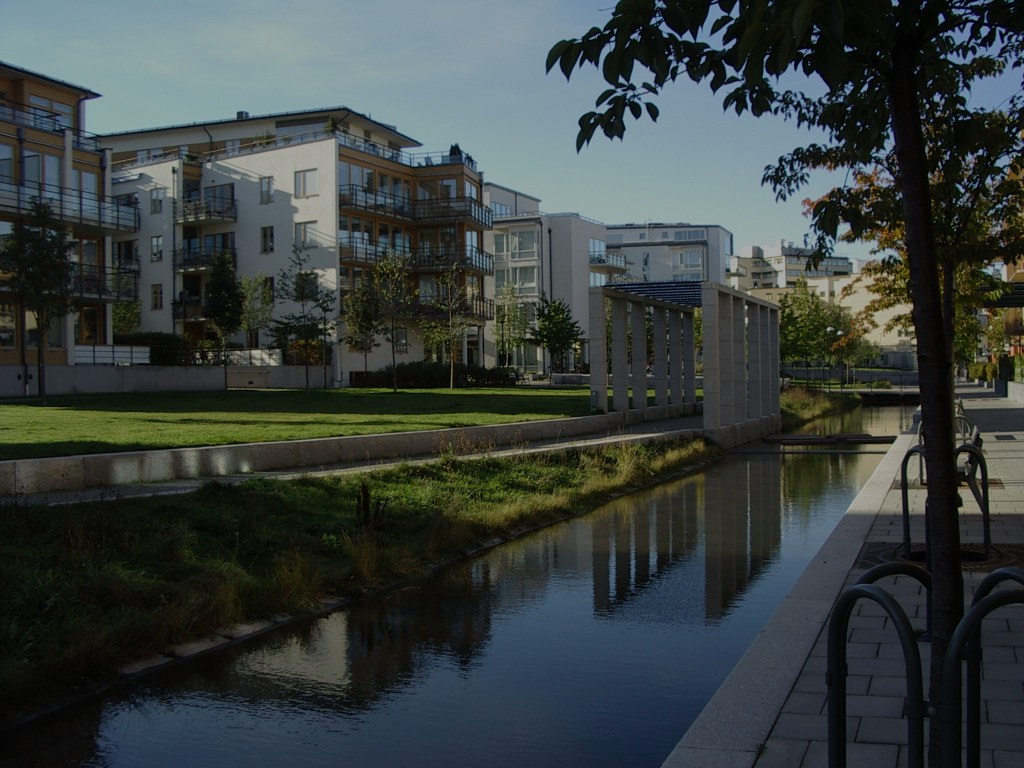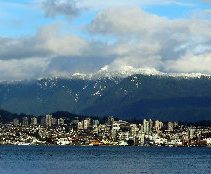In 2010, Farallon was engaged in an extensive study commissioned by Metro Vancouver to identify Integrated Resource Recovery (IRR, also known as Integrated Resource Management or IRM) opportunities, and to evaluate the feasibility and economics of recovering energy and water from solid and liquid waste in the North Shore communities. Metro Vancouver was prompted to initiate the study in part because of the need to upgrade wastewater treatment on the North Shore to meet new Federal requirements, and in part to investigate options for managing solid waste.
The study team included specialists in engineering, ecology, valuation, and governance: Farallon was responsible for the industrial ecology aspects of the report, including finding sources of waste materials and energy, researching markets for recovered resources, concept design of the resource recovery facilities, estimates of capital and operating costs, estimates of the value of recovered resources, and modelling of greenhouse gas emissions.
The report Integrated Resource Recovery Study,Metro Vancouver North Shore Communities and the Integrated Resource Recovery Study: Technical Appendix were published in March, 2011. The study concluded if an integrated approach is taken to recovering resources from solid and liquid waste, then:
- The value of recovered resources can offset the costs of resource recovery and wastewater treatment infrastructure. Taking into account revenues (from sales of electricity, heat, compost, reclaimed water, and greenhouse gas credits) and costs (financing, operations, maintenance, and capital replacement funds), integrated resource recovery infrastructure can pay its own way.
- Community greenhouse gas emissions can be reduced by 23% to 27%, depending on the degree of diversion of organic waste to resource recovery.
- Resource recovery is most efficient if solid waste is sorted and diverted into separate streams at the source.
- Clean conversion technologies (e.g. anaerobic digestion of clean food waste, and gasification of clean wood residues) can be used to recover energy from solid waste.
- Water reclaimed from wastewater can replace potable water for industrial applications.


